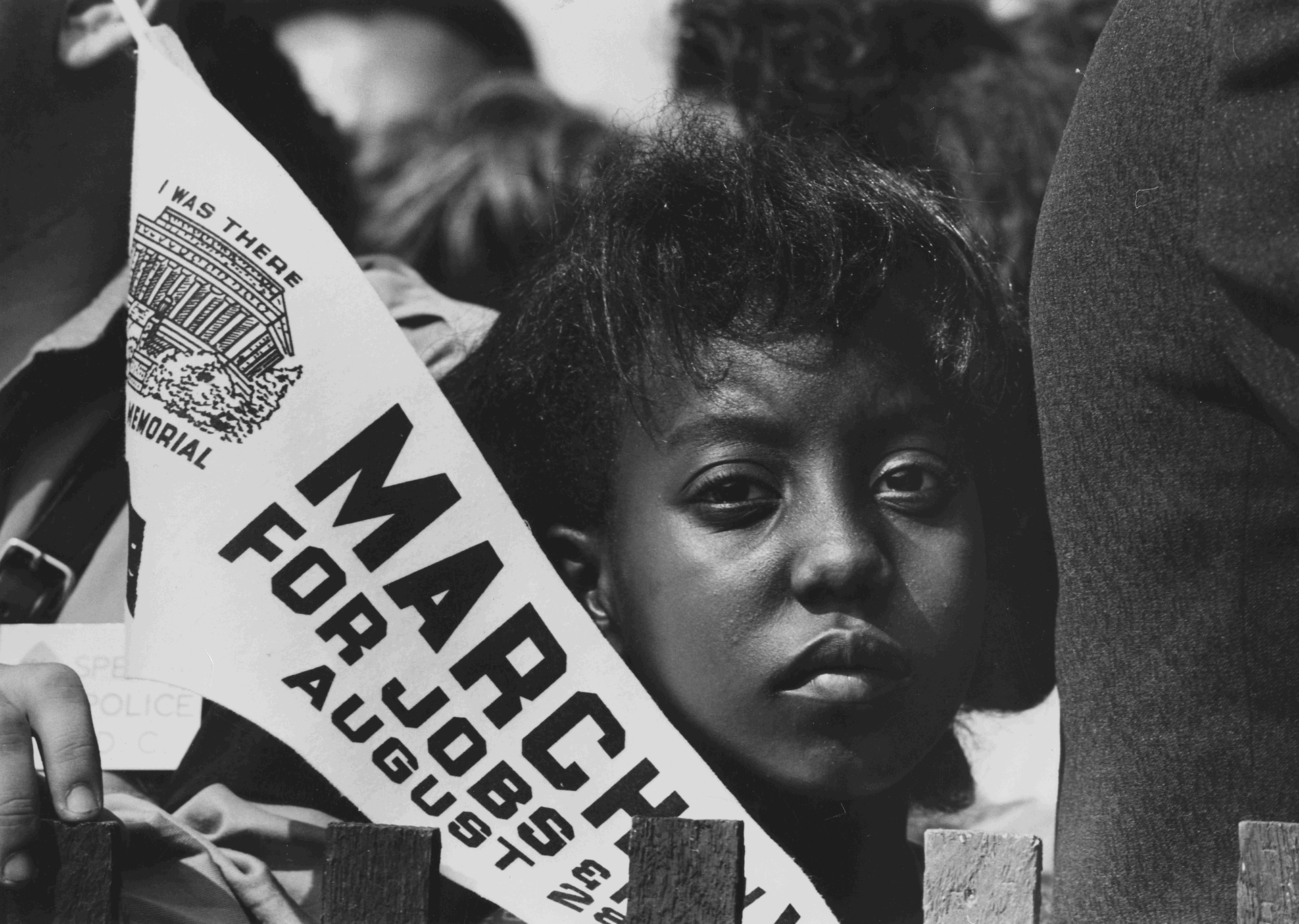Since attending Kathleen Cleaver’s talk a couple of weeks ago, one point she made has stuck with me: the adoption of Black Power across the world. She mentioned, multiple times, that she would run into people in other countries wearing t-shirts emblazoned with the Black Power fist and captioned in their own language. In India, the lower castes picked up the tenets of the Black Panther Party for their own fight for liberation. Cleaver seemed to love that the idea of Black Power empowered oppressed people all over the world. Black Power didn’t call for radical changes completely unique to African Americans. It presented a solution to end inequality for anyone who was oppressed.
I think the dissemination of an ideology like this is powerful. People can find a common cause with each other, no matter how many miles or oceans separate them. And I believe that it’s this kind of cause–fighting for equality and justice–that makes the Civil Rights and Black Power Movements stand so strongly in history. They will always be relevant because they fought for something that all societies have experienced and will continue to experience, unfortunately, for many years to come.
After finishing Remaking Black Power and in my own research for the final paper, I have seen other examples of ideologies spreading across borders. From feminism to socialism, ideologies that present a solution to suffering will find support all around the globe, regardless if they were initially created to rally a specific group of people.
Near the end of her talk, someone asked Cleaver what it takes to be a Panther. She said, “You need arms, legs, a brain, and a heart full of anger and hope.” This paired nicely with her discussion on Black Power’s global impact. As long as one is able and ready to change the world, everyone is welcome in the fight for equality and freedom.

I was also at Kathleen Cleaver’s talk and was also impressed with her description of a Panther. As you have mentioned, Cleaver really stressed on the international impact of the Black Panther Party, and also how the international scene affected the internal dynamics of Black Power as well. This international intersection is very interesting as the Black Panther Party also drew its energy from support from around the world. Many Panthers continued their activism from abroad, like Cleaver’s husband. They aligned their suffering with the ordeals faced by many others around the world and used this argument to propel their own fight, framing themselves as a part of the greater struggle, one that threatened America’s reputation on the global landscape. It is fascinating how they used this relationship to their advantage in the fight for justice and freedom.
Kathleen Cleaver was a very powerful speaker, and she brought with her all the fire and energy of the Party. It was a pleasure to see her speak, especially in connection to Ashley Farmer’s book. The book highlighted her impact on the Black Power movement, as well as her influence on Eldrige Cleaver. She was a bold spokeswoman for the Party, but her involvement ran deeper than managing the press. In her speech, she talked about Eldrige’s role, but not a lot about her influence on him. Farmer’s book made it explicit that she was the main force in challenging his sexist notions and attuning his thoughts to the specific needs of Black women. I thought it was interesting that she didn’t acknowledge the impact of her work on her husband, and was curious what her thoughts were about it.